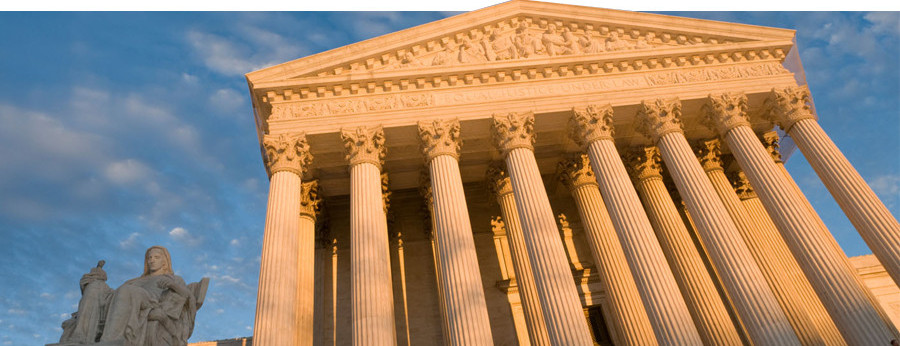WASHINGTON -- Affirmative action is heading back to the Supreme Court, and this time its prospects for survival are poorer than ever.
The Court announced on Tuesday that it has agreed to hear a challenge to the University of Texas' affirmative action program, which is used in sorting through applications after the automatic admission of all in-state applicants who graduated in the top 10 percent of their high school class.
The state's top 10 percent law was passed as a race-neutral way of facilitating diversity on campus after a federal appeals court in 1996 banned affirmative action in Texas' public universities. Then in 2003, the U.S. Supreme Court -- in a majority opinion written by Justice Sandra Day O'Connor for herself and the Court's four liberals -- approved of certain types of race-conscious admissions practices in higher education for the purpose of achieving a diverse student body. In response, the University of Texas reinstated affirmative action, this time to assess applicants who would not be automatically admitted under the top 10 percent law.
Abigail Noel Fisher was one such student. In Fisher v. University of Texas, she claims that she was unconstitutionally denied admission because she is white. Texas argues that the use of race in its admissions process is indistinguishable from the University of Michigan Law School practices that the Supreme Court approved in 2003.
Unfortunately for Texas, that argument may no longer hold sway at the high court. Justice Samuel Alito, a reliable conservative vote, has since replaced O'Connor, a notable swing vote. In 2007, Alito joined with Chief Justice John Roberts and Justices Antonin Scalia and Clarence Thomas to strike down affirmative action programs in public high schools in an opinion that concluded, "The way to stop discrimination on the basis of race is to stop discriminating on the basis of race."
Justice Anthony Kennedy voted with the majority but refused to join that one sentence in 2007, and will likely spoil the conservative bloc's effort to end affirmative action once and for all this time. That does not mean, however, that Kennedy will uphold Texas' race-based policy. Rather, he may use his crucial fifth vote to keep affirmative action constitutional in theory, but almost impossible to pursue in practice -- a position he staked out in his dissent from O'Connor's 2003 opinion.
Justice Elena Kagan has recused herself, likely because of her participation in the early stages of the case when she served as U.S. solicitor general.
Fisher v. University of Texas could be argued (but not decided) in the fall, just in time to insert its racially charged issues into the tail end of the presidential election.
Original Article
Source: Huff
Author: Mike Sacks

No comments:
Post a Comment